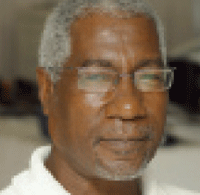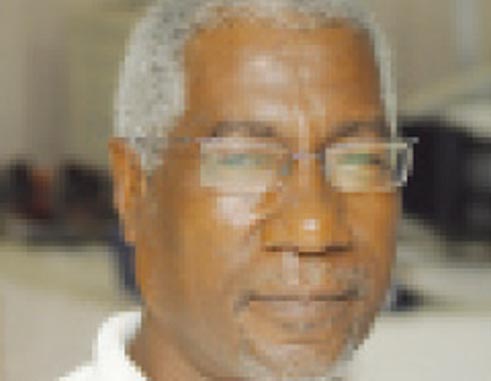Part Two of a Three part Series.

NOT all Caribbean ‘Labour’ parties are ‘socialist’ – and indeed not all are true ‘working class parties’ in the real sense of the word. (Similarly, not all parties that have red banners and symbols are ‘socialist’ or ‘pro worker’.)
What classifies a party’s socialist claim or character is not what it calls itself, but what it says and does. In Saint Lucia, for example, Saint Lucia’s United Workers Party (UWP) emerged as a merchant and planter-backed party created through a convenient post-poll alliance after the 1964 elections were won by the trade union-backed Saint Lucia Labour Party (SLP).
The ‘Labour’ and ‘United Workers’ parties have been the island’s two main parties since then, each with a marked historical difference in their approaches to the working class. The union-backed SLP won every general election between Adult Suffrage (the Right to Vote) in 1951 and the UWP’s conspiratorial advent in 1964. While the UWP has traditionally concentrated on promoting and pursuing private sector growth and infrastructural development, the SLP had tended more ensuring social services are attended to ahead of and despite all else.
The current SLP, under current leader Dr Kenny D. Anthony, has spent three terms developing social policies that net the most needy and vulnerable. It eventually introduced in 2012 what has been described by regional trade unionists as “the most progressive Labour Code” (which it had drafted during an earlier administration (2001-2006), but had been kept on ice by the UWP after the SLP lost the 2006 elections).
Under Dr Anthony, the SLP has successfully conducted negotiations with public service unions and convinced them to accept a wage freeze instead of a wage cut or retrenchment, while ensuring civil servants were/are paid on time and in full every month – and that notwithstanding the unceasing hostility of the current leadership of their union (the Civil Service Association) to the SLP government and its continuous policy of intransigence in negotiations with successive Government Negotiating Teams since it returned to office in 2011.
Dr Anthony and his Vincentian counterpart Dr Ralph Gonsalves are the two longest-serving CARICOM and OECS leaders in office today and their respective administrations have over the years demonstrated adherence to policies that spring from the socialist philosophy of identification, promotion and defence of the interests of the most needy.
Each administration has placed the general social and economic needs of the working people at the top of their political agendas. None has declared itself to be “socialist” but the two leaders emerged from that era when the Caribbean emerged from colonialism to independence and experienced its own various versions of the Cold War. The lessons of the PNP in Jamaica and the PPP and PNC in Guyana in the 70s, from Grenada between 1979 and 1983 and CARICOM/OECS experiences in adjusting to the new geopolitical realities in the near four decades since, have all armed Drs Anthony and Gonsalves with the wherewithal to know how to strike the balance between their devotion to social policies based on socialist philosophies and the stark realities of planning in and for small island economies vulnerable to all the repercussions of virtually each and every global political, economic and environmental climate change.
The pro-socialist parties in St. Vincent and Saint Lucia have been winning the polls to form successive governments implementing pro-poor working policies. Dr Gonsalves and the pro-Labour alliance he leads have won two historic one-seat majorities in the last two general elections they contested. On the other hand, Dr Anthony’s ruling SLP has won three of the four elections its has fought under his leadership in the past two decades, each by a comfortable majority (16-1 at his first outing in 1997, 14-3 in 2001, losing 11-6 to the UWP in 2006 and returning with 11-6 in 2011).
Caribbean people have tended to rally to the call of declared ‘socialist’ parties in the region whenever the respective parties have found the ways to translate their socialist talk into meaningful action on the ground that people feel and can relate to. They have also been drawn to those parties that offer socialist offerings by whatever other name.
Dr Anthony’s SLP has been able to maintain (and expand in some cases) its social safety nets in the past four years despite the grave economic challenges. Over 10,000 free laptop computers and related equipment (desktops, projectors, etc) have been distributed free to secondary students, teachers and principals in the past three years, with parents of each qualifying student(s) also receiving a $500 bursary, along with a schoolbooks rental programme to assist parents who can’t afford the full price of new books and a special bursary as well for parents of students with disability challenges. Hundreds of Home Caregivers have been dispatched by government to give paid help to home-based sick and elderly persons, while thousands who don’t qualify for certificated employment are employed through yearly short-term employment programmes scattered across the private and public sectors. The administration has also adopted a Social Protection Police to guide successive governments as they address national social issues. (Part 3 Next Week)














